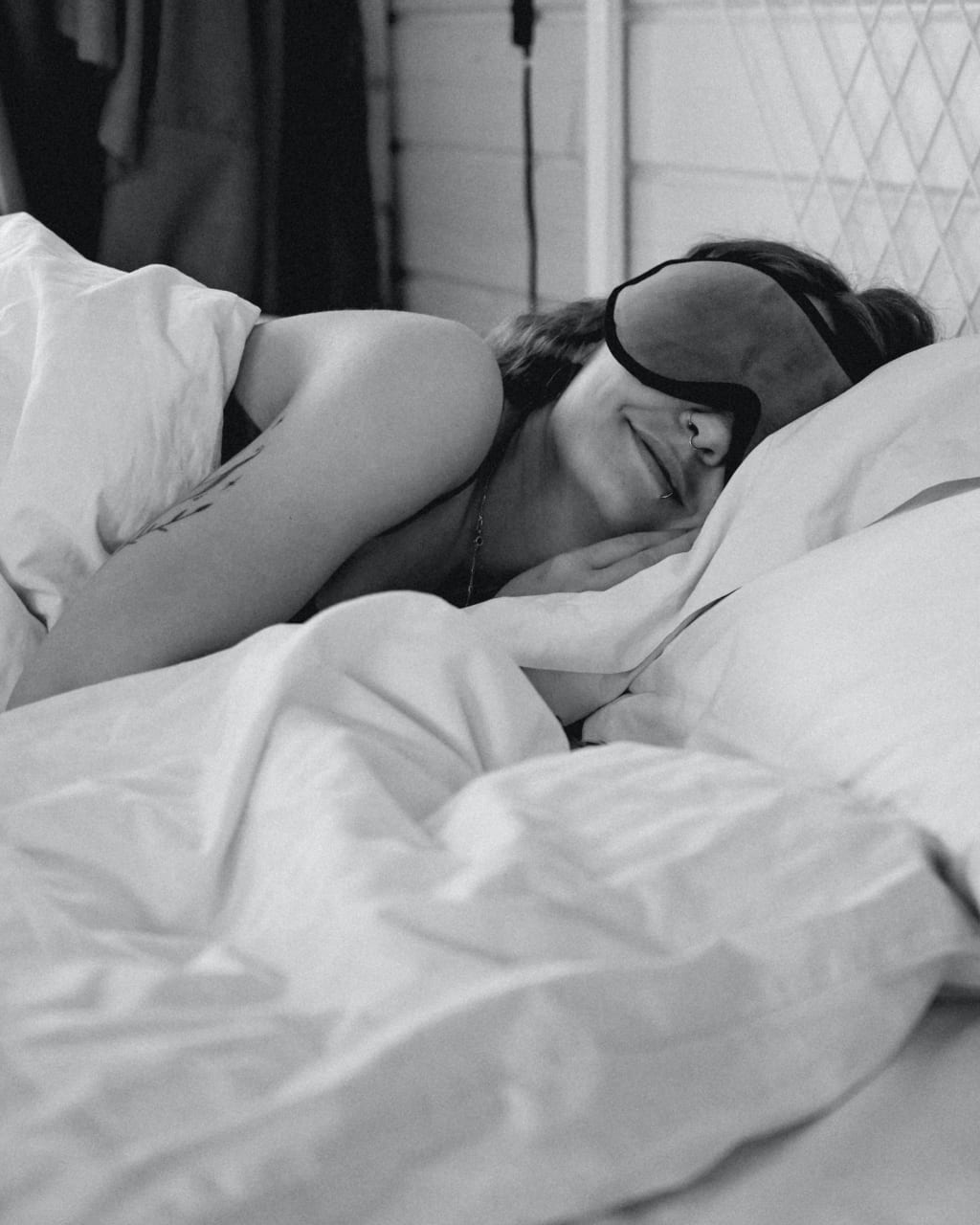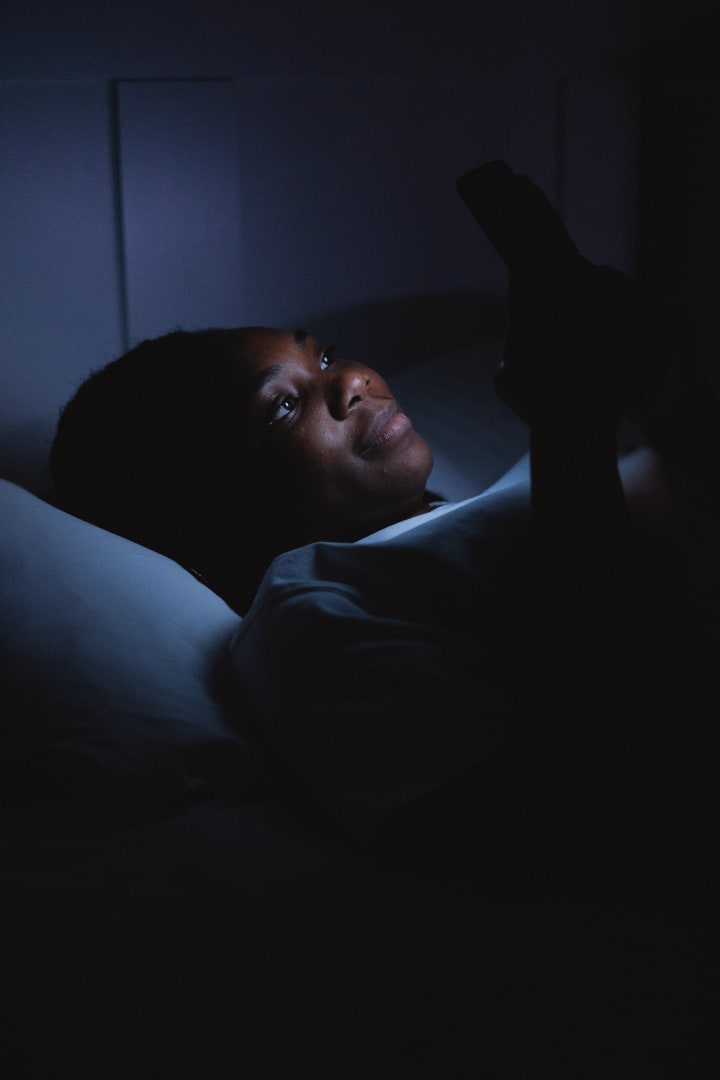
"I'd like to talk about artificial light. It has been seen that it hurts health and cognitive performance. Some people are sleeping even with a little light and are not aware that artificial light at night has been seen to hurt cognitive performance and health. However, it can also be very helpful for people who want to sleep and want to get some rest. A study was carried out to evaluate the effect of artificial light on sleep. It was found that people who used artificial light at night were not able to sleep as well as people who slept in natural light. Not only are they not able to get as much rest, but these people also have worse brain performance. Sleeping with little light is not good for you. It can disrupt your sleep and cause you to wake up feeling groggy and more often it causes neck pain and headache. If you must sleep with little light, try using a night light or wearing an eye mask.
Negative Physiological effects of light while sleep
Even though you’re sleeping, your body is busy healing itself and repairing itself. The slightest disturbance from the light will not only wake you up too early, but it can also damage your skin and hurt your eyesight. It's not good to sleep with a light on while you’re sleeping. For someone who is born with vision problems, even a little light can be enough to wake them up.
As we sleep, our bodies naturally slow down. This is because our brains are busy consolidating memories and shutting down unnecessary activities. One of these activities is metabolism.
Metabolism Effects
However, there is one light that can disrupt the metabolism while we sleep - light from screens. A study by the University of Surrey found that people who regularly use screens before going to sleep have a slower metabolism in the morning.

The study participants were asked to keep a diary of their screen time over two weeks. The results showed that people who spent more time on screens had a 15% slower metabolism in the morning.
While light exposure during sleep is generally viewed as harmless, new research has found that light can disrupt the body's metabolism while sleeping. The study, which was conducted by researchers at the University of Surrey in the U.K., found that light exposure at night can lead to a decrease in the number of calories the body burns, which can lead to weight gain. The study participants were asked to complete a sleep diary in which they documented their sleep patterns and the amount of light they were exposed to during the night. The researchers found that people who were exposed to more light at night burned fewer calories than people who were exposed to less light. The study participants who were exposed to the most light burned an average of 46 fewer calories per night than those who were exposed to the least amount of light. The researchers believe that the decrease in calorie burn is because light exposure suppresses the body's natural production of melatonin, a hormone that helps to regulate the body's sleep cycle.
Conclusion
The dark is the best time for sleep. Most of the time, we don’t see adverse effects from sleeping with a little light because we sleep so much. But at night, we would like to be as comfortable as possible. This is why it’s important to be aware of the effect of light while sleeping. Although this article is mainly about what light can do for us during our sleep, it can also be linked with other health conditions such as obesity or diabetes.





Comments
There are no comments for this story
Be the first to respond and start the conversation.